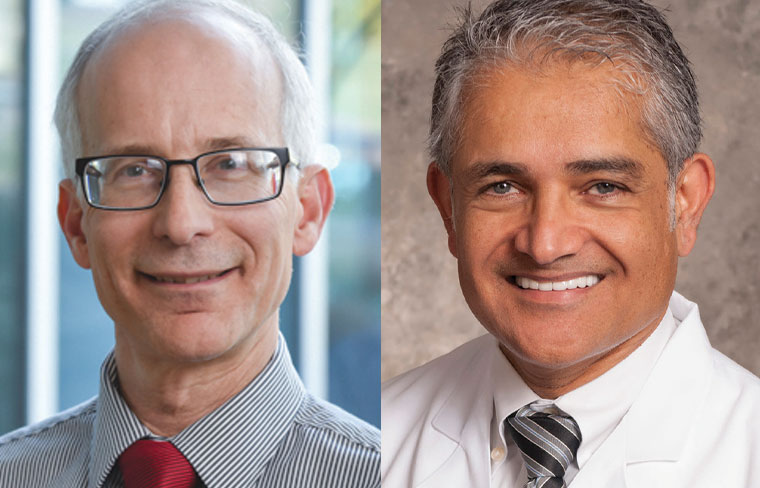-
Multidisciplinary management of OA needs to improve
Evidence-based treatment guidelines for OA inform clinicians about proper management of this common chronic condition, but studies show those recommendations aren’t being implemented effectively in real-world clinical settings.
-
With some careful consideration, you can do social media like a true medical professional
Social media use — and misuse — continues to increase, so a Monday morning session at the ACR/ARP Annual Meeting focused on how medical professionals can successfully navigate the digital world.
-
Visualization of autoimmune targets takes big leap forward
There is growing recognition that key events in autoimmune disease onset and amplification occur in lymphoid and target tissues affected by the disease process, and a Tuesday morning session will feature state of-the-art data on novel investigative approaches.
-
EHR systems may require training, optimization to fully maximize benefits
Electronic documentation was designed to streamline practices and save clinicians time and money. If the system used in your practice isn’t, then Tuesday’s Business Administration session How to Make the EMR Work for You may be able to provide some practical tips and tricks.
-
Telehealth provides easier access, but not without jumping through a few hoops
According to data published in Arthritis & Rheumatology, and a recent ACR workforce analysis highlighting a lack of rheumatology care in rural areas, the need for telehealth access may be greater than ever.
-
Opioid crisis could offer opportunity for pain management research
APR Distinguished Lecturer Charles G. Helmick III, MD, provided a look a public health and why it’s important — and why arthritis and other rheumatologic conditions are public health issues.
-
Treatment of scleroderma involves multifaceted approach
Three scleroderma experts will outline approaches to scleroderma skin involvement, interstitial lung disease, and pulmonary hypertension during the Wednesday Clinical Practice session, Scleroderma Treatment 2019.
-
Harness RISE registry’s capabilities to improve practice, research
The registry is a rich, best-in-class resource developed by the American College of Rheumatology, and is the first and largest national EHR-enabled rheumatology registry in the United States.
-
Researchers’ understanding of complement’s role in inflammatory disease continues to evolve
New findings open up the potential for new therapies for autoimmune and inflammatory diseases, such as RA, that target these new functions of complement.
-
Breakthroughs in histiocytic diseases leading to new treatments
Tuesday will see the ACR’s first-ever session on histiocytic disorders, which have traditionally been seen as rare, obscure, and without good treatment options.










